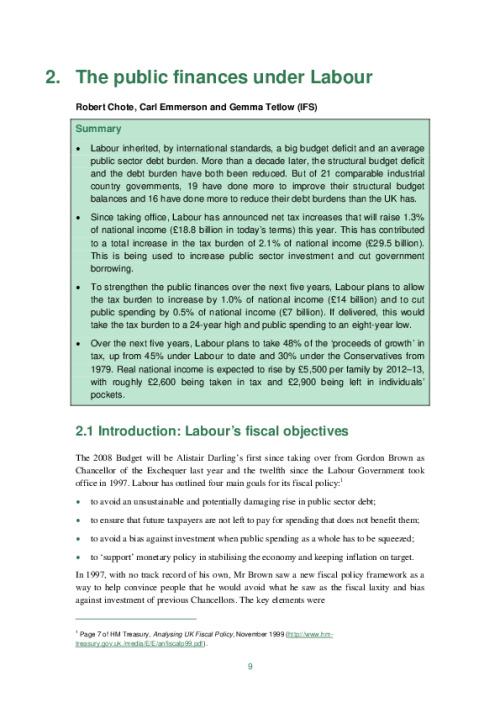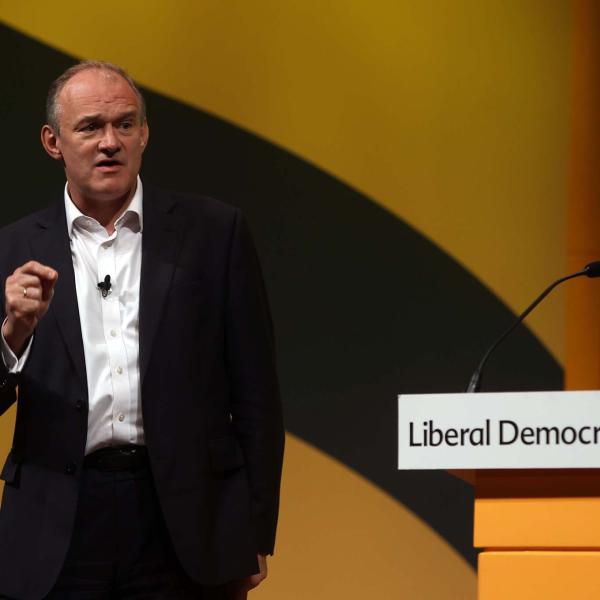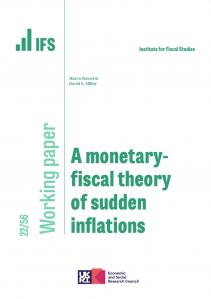<p><p><ul><li>Labour inherited, by international standards, a big budget deficit and an average public sector debt burden. More than a decade later, the structural budget deficit and the debt burden have both been reduced. But of 21 comparable industrial country governments, 19 have done more to improve their structural budget balances and 16 have done more to reduce their debt burdens than the UK has.</li>
</p><p></p><p><li>Since taking office, Labour has announced net tax increases that will raise 1.3% of national income (£18.8 billion in today's terms) this year. This has contributed to a total increase in the tax burden of 2.1% of national income (£29.5 billion). This is being used to increase public sector investment and cut government borrowing.</li>
</p><p></p><p><li>To strengthen the public finances over the next five years, Labour plans to allow the tax burden to increase by 1.0% of national income (£14 billion) and to cut public spending by 0.5% of national income (£7 billion). If delivered, this would take the tax burden to a 24-year high and public spending to an eight-year low.</li>
</p><p></p><p><li>Over the next five years, Labour plans to take 48% of the 'proceeds of growth' in tax, up from 45% under Labour to date and 30% under the Conservatives from 1979. Real national income is expected to rise by £5,500 per family by 2012-13, with roughly £2,600 being taken in tax and £2,900 being left in individuals' pockets.</li></ul></p></p>









